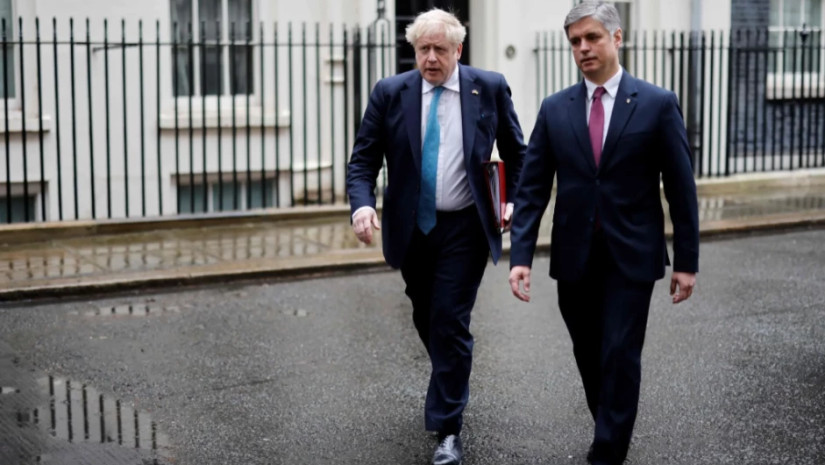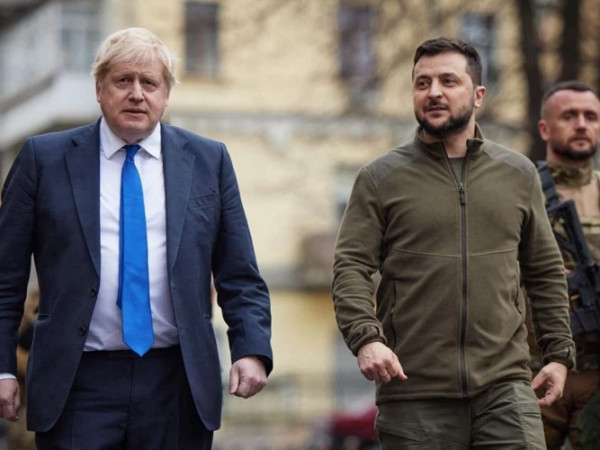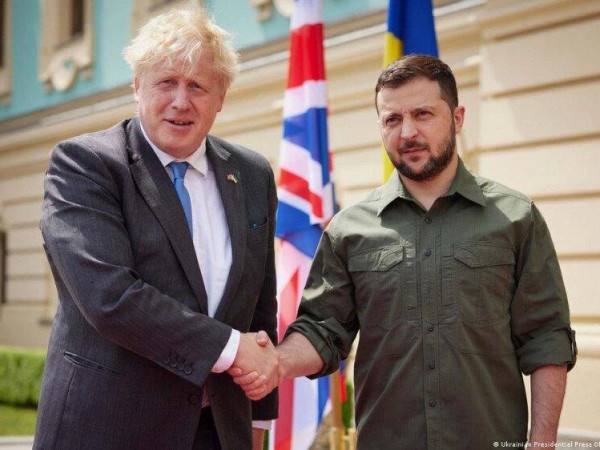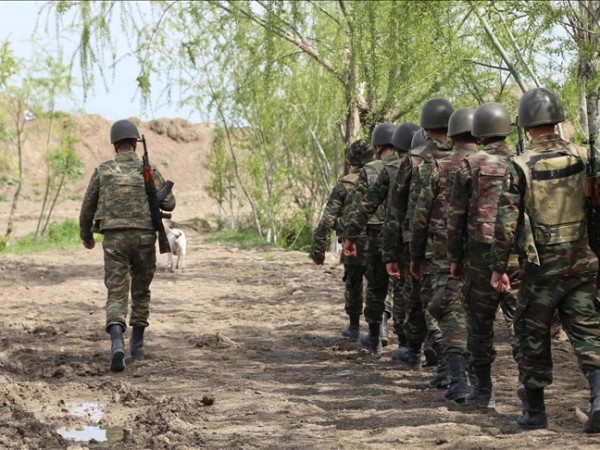Writing in the New York Times, the prime minister said "it is not future historians but the people of Ukraine who will be our judge". Boris Johnsonde noted,that the community failed to learn the lessons of Russian aggression. "For too long, we have turned the other cheek. No one can say we were not warned: We saw what Russia did in Georgia in 2008, in Ukraine in 2014 and even on the streets of Salisbury", - the PM wrote.
" Over the past week, in response to the gut-wrenching scenes in Ukraine, Western unity has been impressive and heartening. I know from my near-daily conversations with President Volodymyr Zelensky that this has provided Ukrainians with some comfort in their hour of need.
Never in my life have I seen an international crisis where the dividing line between right and wrong has been so stark, as the Russian war machine unleashes its fury on a proud democracy. Russia’s reckless attack on the Zaporizhzhia nuclear power plant reminds us just how grave the stakes are for everyone. More than one million people have fled the violence, toward an uncertain future.
President Biden has displayed great leadership, consulting and convening allies, exposing the lie that America’s commitment to Europe is somehow diminished. The European Union has undertaken a remarkable effort to align behind severe sanctions on Russia. Dozens of European countries are sending defensive equipment to Ukraine’s armed forces. But have we done enough for Ukraine? The honest answer is no.
Vladimir Putin’s act of aggression must fail and be seen to fail. We must not allow anyone in the Kremlin to get away with misrepresenting our intentions in order to find ex post facto justification for this war of choice. This is not a NATO conflict, and it will not become one. No ally has sent combat troops to Ukraine. We have no hostility toward the Russian people, and we have no desire to impugn a great nation and a world power. We despair of the decision to send young, innocent Russians into a futile war.
The truth is that Ukraine had no serious prospect of NATO membership in the near future — and we were ready to respond to Russia’s stated security concerns through negotiation. I and many other Western leaders have spoken to Mr. Putin to understand his perspective. The United Kingdom even sent emissaries to Moscow before Russia’s invasion to deal directly with Defense Minister Gen. Sergei Shoigu and the chief of the general staff, Gen. Valery Gerasimov, who are spearheading this awful campaign.
It is now clear diplomacy never had a chance. But it is precisely because of our respect for Russia that we find the actions of the Putin regime so unconscionable. Mr. Putin is attempting the destruction of the very foundation of international relations and the United Nations Charter: the right of nations to decide their own future, free from aggression and fear of invasion. His assault on Ukraine began with a confected pretext and a flagrant violation of international law. It is sinking further into a sordid campaign of war crimes and unthinkable violence against civilians.
Though there can be no comparison with the assault on Ukraine, we in the United Kingdom know something of Mr. Putin’s ruthlessness. Four years ago, we endured the outcome of Russian operatives’ use of chemical weapons against people in Salisbury, England — and our allies rallied to our side. In our defense and foreign policy review, published a year ago, we warned that Russia remained the most acute security threat, and we announced the biggest increase in our defense spending since the end of the Cold War.
We also warned that the world was entering into a period of competition in which authoritarian states would test the mettle of the West in every domain. Last year’s agreement among the United Kingdom, America and Australia to help deploy nuclear submarines for the Australian Navy demonstrated our shared resolve to meet the challenges we face in the Indo-Pacific.
We have failed to learn the lessons of Russian aggression. For too long, we have turned the other cheek. No one can say we were not warned: We saw what Russia did in Georgia in 2008, in Ukraine in 2014 and even on the streets of Salisbury. And I know from speaking to my counterparts on recent visits to Poland and Estonia just how acutely they feel the threat.
Source: The New York Times















